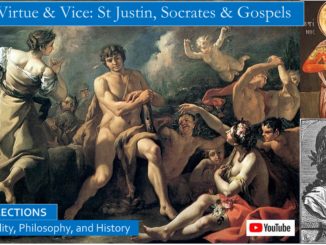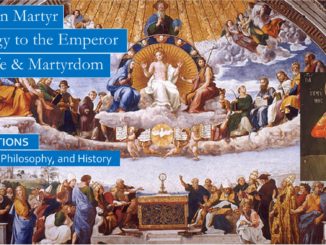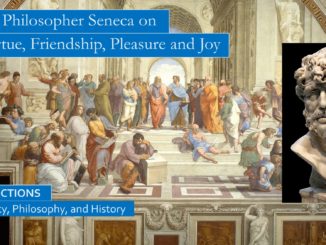
St Justin Martyr’s Second Apology to Senate, Quoting Xenophon’s Socrates, Blog 2
Justin compares Jesus to Socrates, who was accused of the same crimes as the Christians, being accused of atheism and impiety, and of corrupting the youth. The Greeks accused Socrates “of introducing new divinities, and did not consider those to be gods that the state recognized. In the Republic he cast out from the state both Homer and the rest of the poets, and taught men to reject the wicked demons and those who did the things which the poet related.” The early Church Fathers, including Justin, did not deny the existence of the pagan gods, rather they saw them as demons active in the world. But Jesus was mightier than Socrates, whereas “no one trusted in Socrates so as to die for his doctrine,” many willingly believes and are martyred for their faith in Jesus Christ. […]


